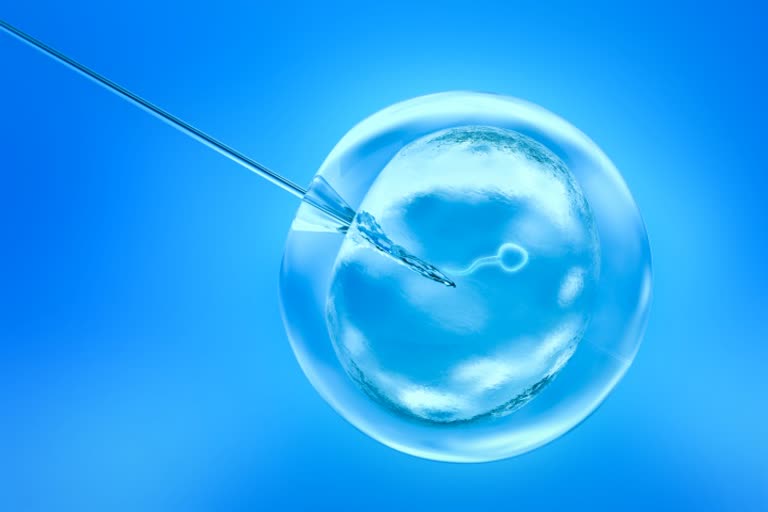Low sperm count or oligospermia is very common and in fact, one-third of couples are not able to conceive due to problems in the sperm.
When is ICSI advised?
It is typically recommended for infertile couples where the men have:
- Oligospermia-significantly low sperm count
- Low sperm mobility
- Abnormal sperm morphology-shape of sperm.
- Surgical sperm retrieval from the epididymis (PESA) or testicles (TESA) in men with no sperm in ejaculate-azoospermia.
- In couples with unexplained subfertility-where issues with fertilization are expected.
How is ICSI performed?
In ICSI, using equipment called a micromanipulator, the embryologist under a high magnification microscope selects the single most viable sperm which is then injected into the egg, thereby bypassing the stage where sperm has to naturally penetrate the egg. The sperm is usually magnified up to 400 times under the microscope so that the scientist can choose the best sperm to inject the egg. IMSI is a further technologically advanced procedure used in men with very abnormal-looking sperm where sperm is magnified 6000 times to improve the process of sperm selection.
Difference between IVF and ICSI?
In IVF-In Vitro Fertilisation, the eggs collected from the female partner are mixed with a high concentration of motile sperm in a dish in the lab and a motile sperm enters the egg on its own and facilitates the process of fertilization.
In ICSI, using the machine called micromanipulator, under the microscope the embryologist injects a single sperm inside the egg to help the fertilization process.
Regarding the female partner, hormone injections called gonadotrophins are given for around 10 days to facilitate the growth of many eggs that are then collected under anesthesia. The collected eggs are then fertilized by the sperm using IVF or ICSI process to create an embryo which is then replaced inside the woman’s womb to facilitate conception.
Also Read: Can PCOS lead To Infertility In Women
CHOICE OF IVF CLINIC
One of the most important factors determining the success rate of ICSI is the choice of IVF center where you choose to have treatment. Proper research with regards to the expertise of the doctor performing IVF and their credentials and training matter most. In addition, the lab has to be state-of-the-art and the expertise of the scientists who perform the procedure is also equally important. Evidence-based treatments along with quality control and witnessing procedures go a long way in making the difference in pregnancy rates between an average IVF clinic and the best one.
For your queries, contact svyjayanthi99@gmail.com



